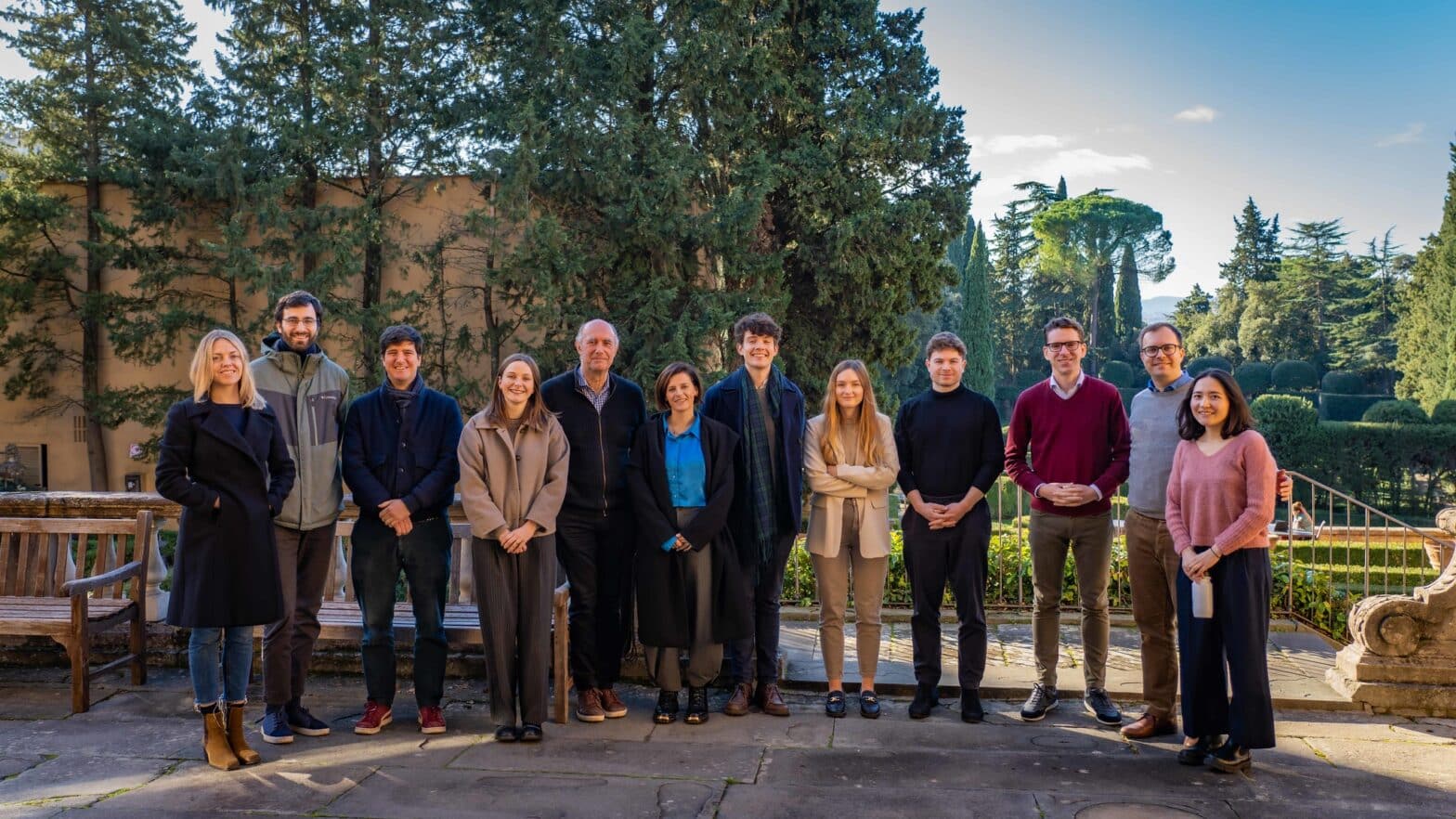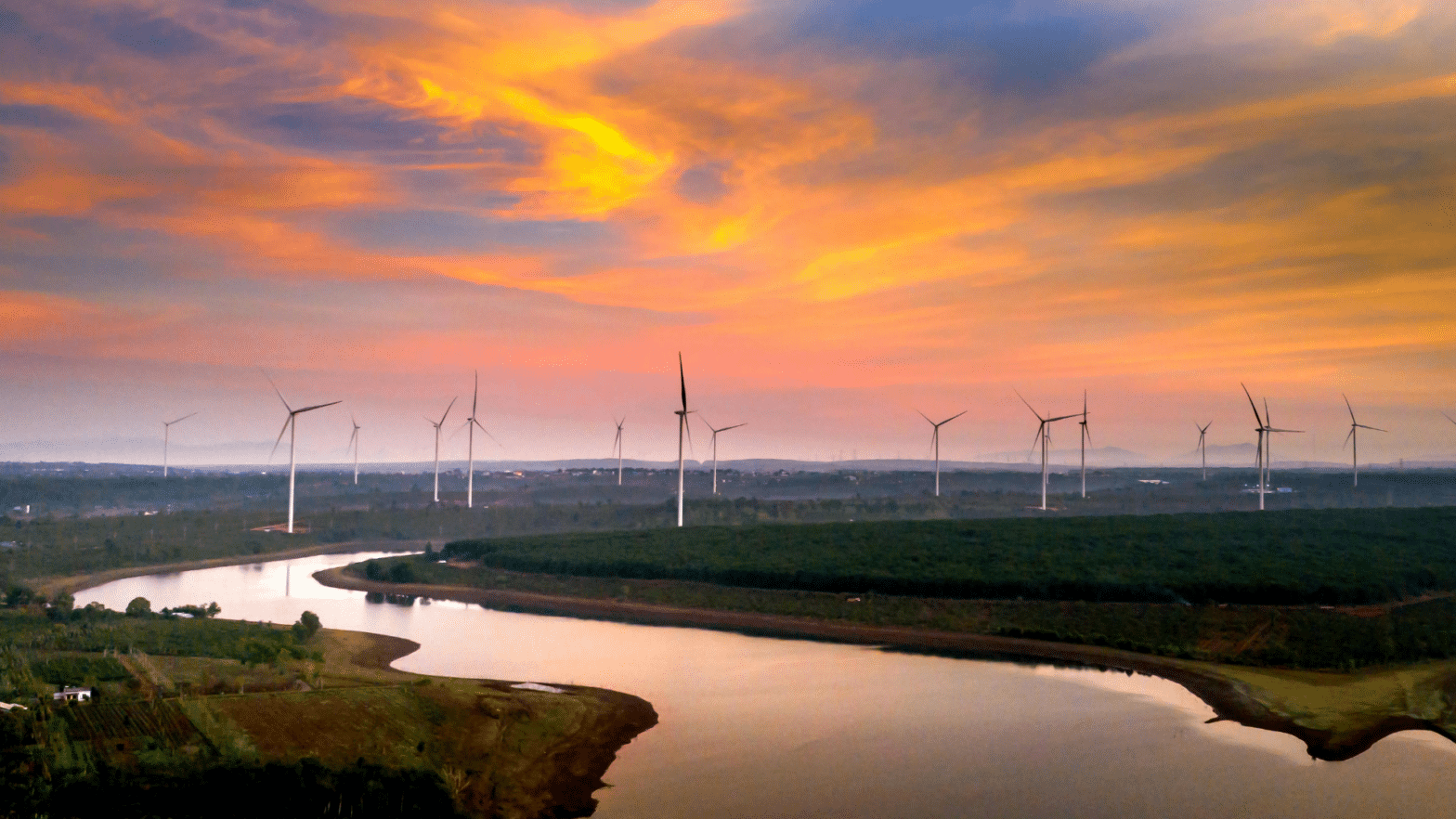Technologies of the energy transition: the current policy landscape for hydrogen
A snapshot of policy debates and technological developments of low and zero-carbon hydrogen

Low and Zero-carbon Hydrogen
On the 18th of June 2020, Ilaria Conti (Head of FSR Gas Area) participated in the second webinar of the series “Technologies of the Energy Transition” organised by the EsadeGeo Center for Global Economy and Geopolitics and the Repsol Foundation. The aim was to take a deep look at the low and zero-carbon hydrogen, a versatile energy carrier, which is currently the subject of high-level policy debates and technological developments.
Watch the webinar recording:
Elena Verdú (Senior Scientist at Repsol’s TechLab) made an introduction to hydrogen production and its wide range of applications across industry, transport, power and buildings. She pointed at some of the hydrogen production technologies related to the energy transition, focusing on those (steam methane reforming with CCUS, hydrogen from biomass and water electrolysis) that may contribute to the decarbonisation of some of the most challenging sectors. Dolf Gielen (Director of IRENA’s Innovation and Technology Center) explained much of IRENA’s work on the Outlooks for both “blue” (decarbonised) and “green” (renewable) hydrogen, their deployment, cost projections, competitiveness and challenges of future evolvement. He indicated that it is important to look at “green” hydrogen from the sector coupling/integration viewpoint, as an opportunity to introduce more renewables into different sectors, to use surplus of renewable power as a flexibility option to facilitate higher shares of variable renewables, to tap into remote renewable energy sources and hydrogen trade.
Watch more: What role for renewable gas?
Ilaria Conti provided a clear overview of the current policy landscape for hydrogen in the EU, pointing out that although hydrogen is gaining momentum as a key instrument for meeting the European Green Deal objectives, there is still no common legal framework at the European level and not even a definition in the regulation. She gave her view on some of the main hydrogen take off challenges such as scalability, operation, market design, infrastructure and governance. Besides, Ilaria presented the FSR proposal for a taxonomy of Renewable gases, whose need is widely recognised by all the parties in the gas sector.
Finally, Ilaria outlined that we could expect that the upcoming EU Commission’s Hydrogen Strategy (expected to be released in July) will give a strong push to create demand for hydrogen – hence facilitating economies of scale and lowering production costs.
The Hydrogen Strategy of the European Commission, which will provide an indication of the wider Regulatory Package expected in 2021, will provide important insights on how the EU wishes to position itself in the hydrogen worldwide market as well as on the EU Long Term Vision for hydrogen infrastructure.
Tune in! FSR Podcasts
Hydrogen in the Energy Transition by Sébastien Douguet
How will policy & innovation drive the EU Green Deal? Commissioner Kadri Simson on Net Zero (Part I)
The making of a just energy transition: Commissioner Kadri Simson on Net Zero (Part II)
Have you missed our events on hydrogen?
FSR online workshop series on Hydrogen Technology
FSR Online Talk: Hydrogen – the Fuel of Energy Transition?
Read more – FSR publications on Hydrogen:
Highlights from the Hydrogen Workshop Series
Clean hydrogen in the global energy transition – any sign of an international market?
Sector Coupling Platform – publications on hydrogen
How many shades of green?: an FSR proposal for a taxonomy of ‘renewable’ gases
Don’t miss any update on this topic
Sign up for free and access the latest publications and insights




















